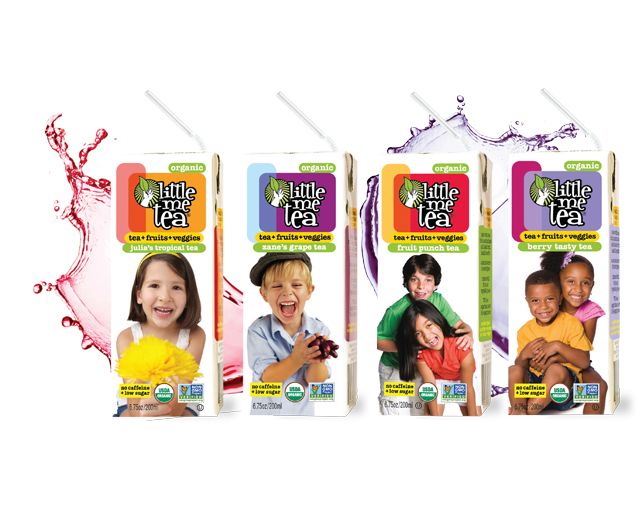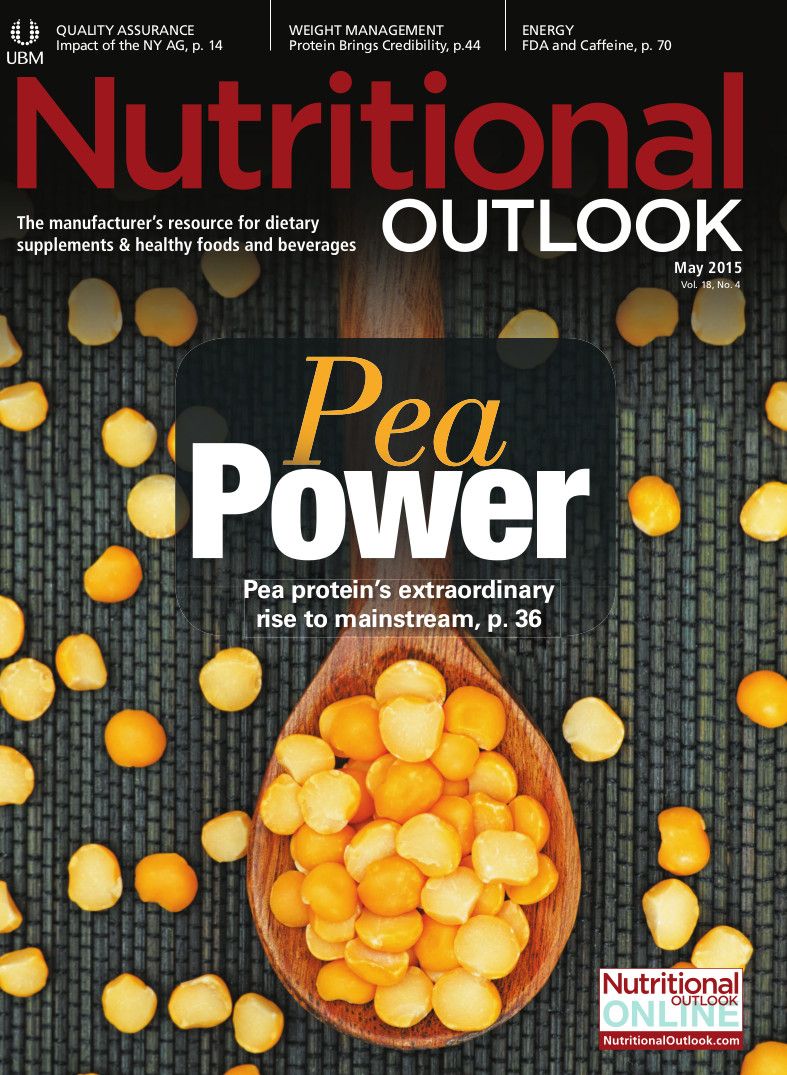Ready-to-Drink Teas Venture into New Territory: Kids and Protein
Even in an industry as established as tea, there’s still room for the new and different.

It’s a good time to be in the tea business. In March, the American Botanical Council (ABC; Austin, TX) announced that U.S. sales of brew and ready-to-drink (RTD) teas increased by 4.1% in 2014, reaching a total of more than $4.3 billion. Loose, bagged, concentrated, and herbal teas accounted for approximately $1.8 billion of the market with 3.6% growth in 2014, but ready-to-drink (RTD) teas are still the larger force with 4.4% growth in 2014 to reach a total of nearly $2.5 billion. The report was published in ABC’s peer-reviewed journal, HerbalGram.
But even in an industry as established as tea, there’s still room for the new and different. Whether it’s tea enhanced with whey protein or tea made just for kids, plenty of innovation is taking place around one of the world’s oldest drinks.
Protein Tea
With its first U.S. launch last fall, one beverage company is combining the specialized benefits of a functional beverage with the mainstream appeal of a RTD tea. Blu-Dot Beverage Company (Oakville, ON, Canada) now offers five RTD teas that include 12 g of whey protein and 6 g of chicory root fiber in each 473-ml bottle. The flavors range from blueberry acai to cranberry pomegranate, and the teas are sweetened with either organic cane juice or stevia for a lower-calorie option.
“I thought this product would have a much better chance of crossing the chasm from being seen as a sports nutrition drink just because it has protein, into an everyday, supporting-a-healthy-lifestyle beverage,” says Kevin Stratton, CEO, Blu-Dot. He adds that the stevia-sweetened drinks contain only 60 calories and 1 g of sugar per bottle.
There were some challenges that came along with infusing a tea with protein and fiber. Stratton says whey protein has a “naturally astringent quality,” so it required a careful balance to maintain the flavor of the tea while also including the functional elements. The addition of the protein and fiber can start to cloud a beverage, but Blu-Dot worked to keep the teas looking clear. Blu-Dot’s teas also have a more substantial mouthfeel than other mainstream RTDs, says Stratton, but still maintain a flavorful taste.
Since the brand first launched in Canada three years ago, Stratton says he has “absolutely” seen the market for functional teas growing.
“It really has quite a mass appeal to a wide range of people,” says Stratton.
Tea for Kids
Another emerging trend is tea designed specifically for children. Winner of the Best of East Press Award 2014 at last fall’s Natural Products Expo East, Little Me Tea (Lawrenceville, GA) offers a line of RTD children’s teas in single-serve juice box size. Melinda Hicks, founder, promotes the teas as a healthier alternative to juice.
“Many parents have forsaken any juice for their children, giving only milk and water,” says Hicks. “When they find out about Little Me Tea, they’re thrilled because now they have a third beverage choice that’s healthy and nutritious but not loaded with sugar.”
Little Me Teas are made from a blend of white, rooibos, hibiscus, and chamomile teas. There are currently four available flavors, two of which were introduced in September of 2014-Fruit Punch Tea and Berry Tasty Tea. The 6.75-oz single-serve boxes contain 6 g of sugar, 30 calories, and zero caffeine, according to Little Me Tea’s website.
“Tea for kids is actually a burgeoning market,” says Hicks. “It’s becoming more and more mainstream as people try to shift their children away from sugary sodas and juices.”
Although tea may be outpaced on the caffeine market by coffee and energy drinks, products like these suggest that tea’s healthy appeal remains a strong driver of growth.
Photo by Little Me Tea

Prinova acquires Aplinova to further increase its footprint in Latin America
April 7th 2025Prinova has recently announced the acquisition of Brazilian ingredients distributor Aplinova, which is a provider of specialty ingredients for a range of market segments that include food, beverage, supplements, and personal care.
























